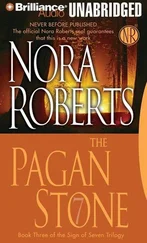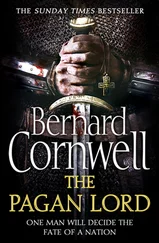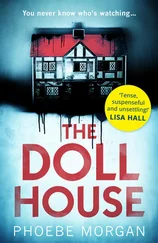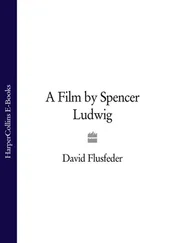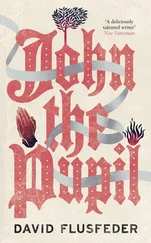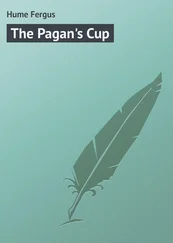DAVID FLUSFEDER

 FOURTH ESTATE · London
FOURTH ESTATE · London
It was really quite disturbing. Was his personality changing ? Was he losing his edge, his point, his identity? Was he losing the vices that were so much part of his ruthless, cruel, fundamentally tough character? Who was he in the process of becoming ?
Ian Fleming, Thunderball
I met ‘Edgar’ at a creative-writing workshop I run each summer at a working-men’s college in London. It’s a week-long course, which attracts the usual, predominantly female, mix of hobbyists, memoirists and needy, bored neurotics. The few men who attend usually have a high-concept idea for a thriller that they are convinced can be developed into a multi-million-dollar money-spinner, but which they won’t talk about at first because they are anxious that their idea might be stolen—and then, of course, when their reserve has melted away, they’ll talk about it in stultifyingly intricate detail. There’s probably one student each year who shows some genuine talent. Last year, it was a Bengali community worker from the East End, who was very beautiful and poised. In a private tutorial she wanted to discuss whether the Kama Sutra strand in her novel should be eliminated, kept in or expanded, a discussion that maybe blinded me a little to the overall strengths and weaknesses of her project. She was the youngest member of the class. It’s invariably the youngest and the oldest students who are the most interesting, and this year the youngest was ‘Edgar’.
Edgar was an unlikely-looking writer of historical fiction. He was very pale with a strong jaw, short, reddish hair and startling blue eyes. He wore modish skin piercings and studs, heavy boots and an antique black suit with a long frock-coat. He was initially resistant to me, even quietly aggressive. He always spoke quietly, which made the people around him listen harder. Something I said in a workshop, I can’t remember exactly what it was, it might have been about the difficulty or impossibility of writing about the past—we are not they, their world is different from ours so how can we presume to know what was in their minds and hearts?—won him over to my side and, on the third day, he found me in the pub around the corner from the college where it was my habit to look through the students’ work that would be discussed in the following day’s seminar.
He sat with me and didn’t interrupt my reading and when I was done we drank beer and exchanged a few pleasantly rude remarks about some of the other members of the class. And then, predictably, he asked me what I thought of his stuff.
– You don’t like it do you? he said.
– That’s not true, I said. It’s a bit mannered and there are a few things I don’t quite get, but actually I do quite like it. All the same, I’d have expected Marjorie or Gwyneth to be writing historical fiction, not you.
– But it’s not.
– Not what?
– It isn’t historical fiction, he said, very earnestly and unironically. It’s the story of how I came to be me. And then he gave a little self-mocking laugh and went to the bar to buy us each another Guinness. He came quickly back to the table to ask if I could spare some money as he didn’t have enough. I gave the few pounds to him willingly because the manner he had when asking for money made it seem like a kind of favour he was bestowing on the giver.
We drank more beer and he asked me some slightly flattering questions, which I answered more honestly than I usually do, and in return, but not because I was being polite, I asked him about himself. He talked for a long time, the pub went through several generations of drinkers around us, until he said he should be getting home, his friend would be worried about him. I was surprised by his use of the word friend —it was spoken in the way people use when they’re being discreet about the sex of their boy-or girlfriend, and he had been entirely, sometimes unsettlingly, candid with me up till then.
He asked me if I would read more of his stuff, as he called it; he had some with him. This is something I’m often asked when I’m teaching and which I always turn down, claiming lack of time, the need to be fair to other students, but which in Edgar’s case I was interested to accept. My heart sank only a little when I felt the weight of the brown padded envelope he pulled out of his bicycle bag.
Most of what we had talked about related to a particular period of his early adolescence, which he had spent in a place he had revisited the previous year, and I wondered if what he had just given me was more overtly about himself than I had read in his work before, and that made him laugh in his careful way that seemed to identify humour with truth, and say,
– No, that’ll be your job.
Title Page DAVID FLUSFEDER
Dedication One: Edgar In Creek And Vail, 1995 Chapter One Chapter Two Chapter Three Chapter Four Chapter Five Chapter Six Chapter Seven Chapter Eight Chapter Nine Chapter Ten Chapter Eleven Chapter Twelve Chapter Thirteen Chapter Fourteen Chapter Fifteen Chapter Sixteen Chapter Seventeen Two: The Inheritors Chapter One Chapter Two Chapter Three Chapter Four Chapter Five Chapter Six Chapter Seven Chapter Eight Chapter Nine Chapter Ten Chapter Eleven Chapter Twelve Chapter Thirteen Chapter Fourteen Chapter Fifteen Chapter Sixteen Chapter Seventeen Chapter Eighteen Chapter Nineteen Chapter Twenty Chapter Twenty One Chapter Twenty Two Chapter Twenty Three Chapter Twenty Four Three: Edgar In Creek And Vail, 2005 Chapter One Chapter Two Chapter Three Chapter Four Chapter Five Chapter Six Chapter Seven Chapter Eight Chapter Nine Chapter Ten Author’s Note Also by David Flusfeder Copyright About the Publisher
ONE
Edgar in Creek and Vail, 1995
1
Edgar, taking precautions, left his bedroom. He walked light-footed to the kitchenette, squeezed past the suitcases in the hall, shut his eyes, pushed open the door, strengthened himself with a whisper of his new name to himself, and stepped in. Instead of the hoped-for bachelorish solitude, the leisurely pleasures of a weekend breakfast, his fastidious senses were greeted, confronted—affronted—by the sight, sound and faintly sour smell of Jeffrey.
‘Geezer,’ said Jeffrey.
‘Jeffrey,’ said Edgar.
Jeffrey often used the word ‘geezer’. He used it in a matey way. It was one of his newer affectations, picked up from an approved-of hipster student, Edgar suspected.
‘I’m going to make some toast,’ Edgar said, speaking slowly, concentrating on keeping the pitch of his voice level and squeak-free.
‘Go for it,’ Jeffrey said.
It had been meant as an invitation. Edgar liked to be courteous, especially to people he disliked. He made some toast for himself and some for his mother, who had yet to emerge from her bedroom. If Jeffrey were not here, Edgar would take Mon’s toast in to her. But Jeffrey was here, and that made his mother’s bedroom foreign territory. Edgar compromised by preparing the toast as Mon liked it, unbuttered, with freshly cut peach slices laid neatly across, and left it on a plate by the kettle. He ate his own toast, which he had thickly spread with butter and marmalade both, and contemplated the shape of his day, which, unlike most, was filled with possibility.
Читать дальше
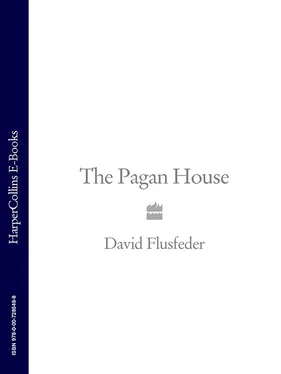

 FOURTH ESTATE · London
FOURTH ESTATE · London
